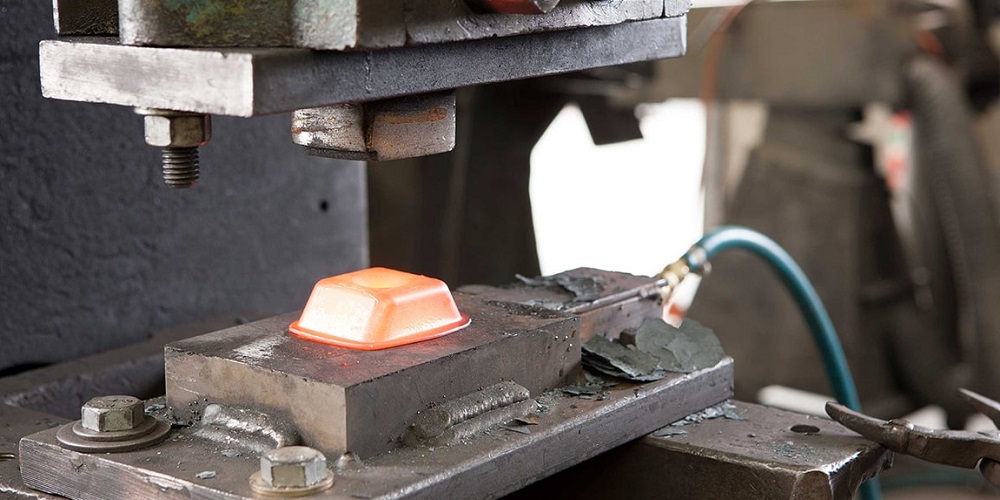Using pressure to mold metal into a specific shape after heating it to a malleable temperature is known as hot die forging. Given its long history of use, this method has undergone several technological advancements to increase its efficacy and efficiency. Stainless steel is an incredibly versatile and durable metal alloy of iron, chromium, and other trace elements. It is the ideal substance for use in hot die forging because of these qualities. Several websites provide the services of hot die forging using steel, aluminum, and carbon alloy; you can visit a trustworthy website to get your work done perfectly.
Advantages of Using Stainless Steel in Hot Die Forging
Cost-Effective
In hot die forging, stainless steel is the most common material. Despite having a higher initial cost than some other materials, stainless steel lasts longer and needs less maintenance because of its durability and resistance to corrosion and wear. As a result, production costs are decreased overall, and the final product is of higher quality. Let’s look at the corrosion resistance characteristic of stainless steel.
Improved Corrosion Resistance
Due to its excellent corrosion resistance properties, stainless steel is very resistant to oxidation, rusting, and other types of corrosion. Chromium, a component of the alloy, causes a thin, invisible layer of chromium oxide to form on the surface of the metal due to its reaction with atmospheric oxygen. This layer prevents further corrosion by acting as a barrier.
Superior Tensile Strength
Stainless steel has a high tensile strength, which means it can withstand high stress and strain without breaking. This makes it the perfect substance for use in hot die forging, which puts the metal under intense pressure and heat. Because stainless steel has a high tensile strength, it will not bend or break in these circumstances, resulting in a more precise and reliable final product. So if you have a product requiring higher strength, you can go for stainless steel.
Applications of Stainless Steel in Hot Die Forging
Stainless steel is widely used in hot die forging for the following applications:
Industrial Equipment
Numerous industrial products, including pumps, valves, and fittings, are made of stainless steel. These components must be manufactured with high precision and consistency to ensure that they work properly and can withstand the harsh conditions of industrial use. Hot die forging parts are made from stainless steel, which makes them resistant to corrosion, wear, and high temperatures.
Automotive Parts
Stainless steel is frequently used in manufacturing automotive parts like engines, steering, and suspension components. Hot die forging produces these components with the high accuracy and consistency required. The use of stainless steel guarantees that the parts will be strong, resistant to corrosion, and able to withstand the high temperatures and pressures involved with automotive use.
Conclusion
To summarize, hot die forging is a very efficient way to mold metal into precise forms and structures. Stainless steel is a great material to use in hot die forging because of its improved corrosion resistance, superior tensile strength, heat and wear resistance, and cost-effectiveness. Due to these characteristics, stainless steel is the perfect material for use in various hot die forging applications, such as those for industrial equipment, automotive parts, and aerospace components. Hot die forging allows manufacturers to create high-quality, long-lasting products suitable for contemporary industries’ demands.









